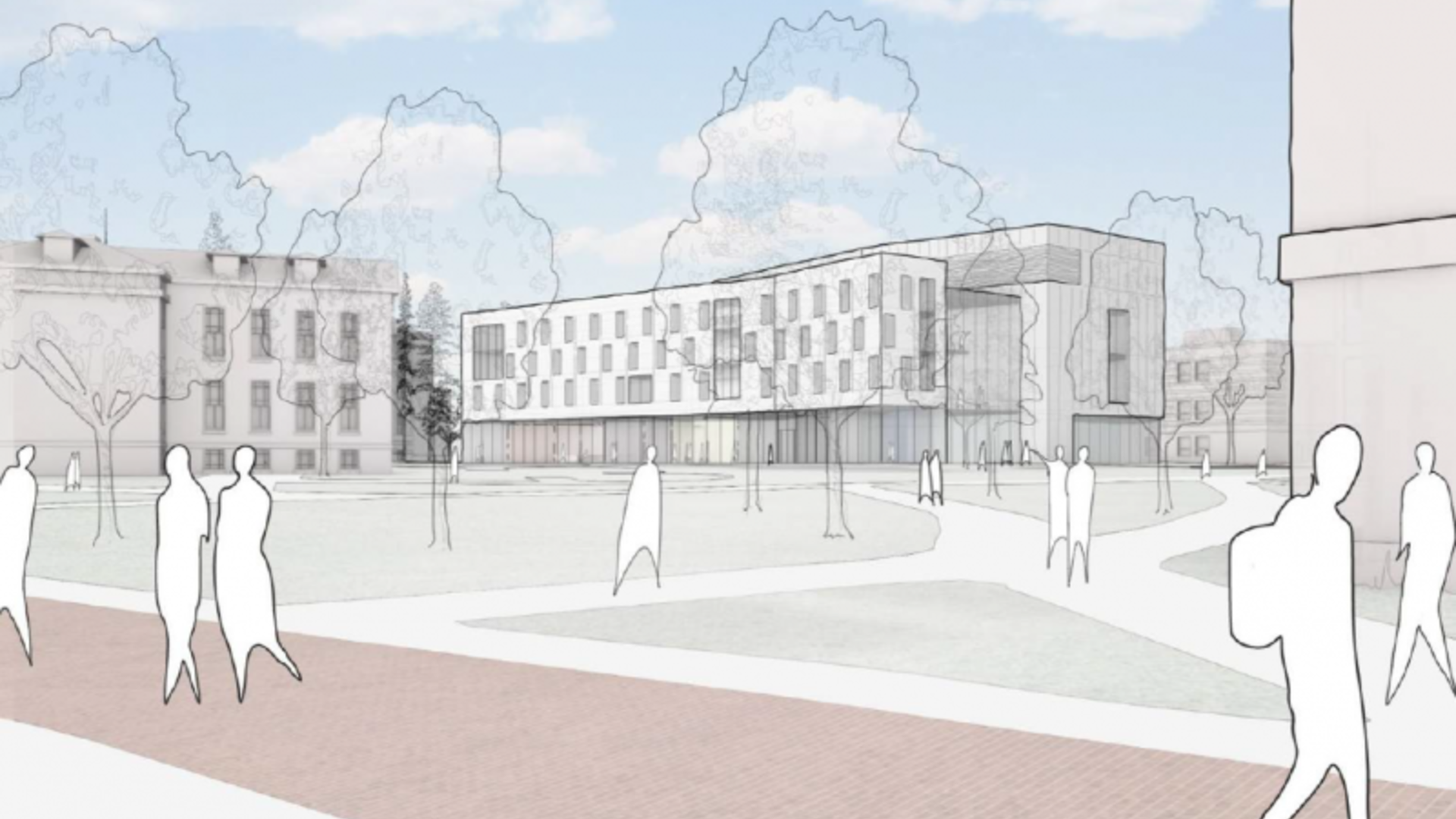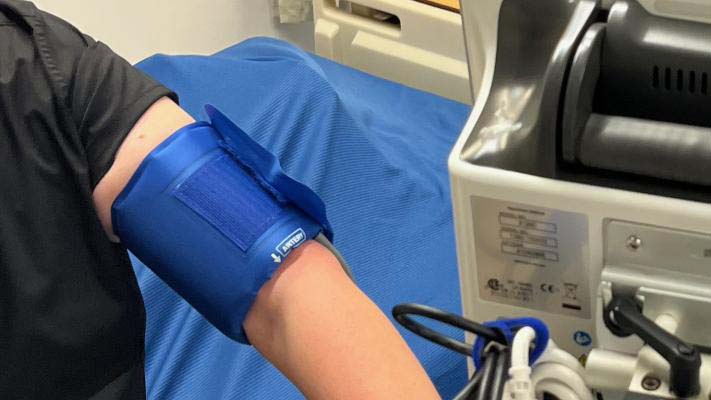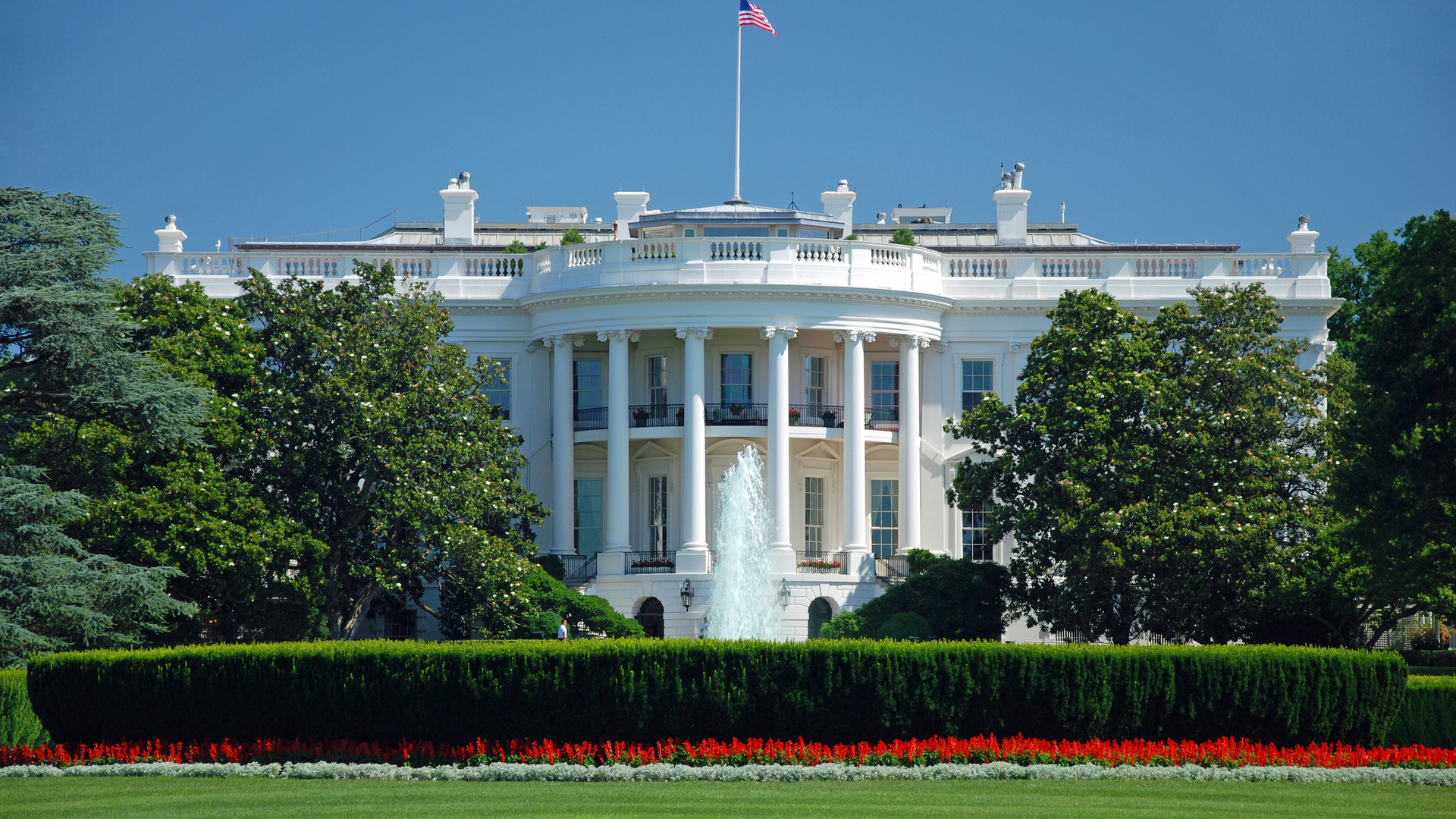The ELEVATE program, associated with UMass Amherst's Energy Transition Institute, supports interdisciplinary graduate student research, training, and community engagement.
Faced with the existential threat of climate change, the world is in the midst of a vital, fast-moving transition to an energy system based on renewable sources rather than fossil fuels. Full of possibility, this transition is marked by massive changes across multiple sectors, presenting many complex challenges.
At UMass Amherst, researchers in disparate academic fields are working to solve both technical and social problems associated with the energy transition. Through a program known as ELEVATE: Elevating Equity Values in the Transition of the Energy System, associated with the university's Energy Transition Institute, a cohort of graduate students is contributing to these efforts, engaging local communities, and receiving valuable training for their future careers.
Funded by two grants from the National Science Foundation awarded in 2020, the ELEVATE program first began supporting graduate student projects in 2021. Since then, the program has grown to over two dozen students and more than 20 faculty members. It is open to participants from any UMass department and currently has representation from civil and environmental engineering, electrical and computer engineering, mechanical and industrial engineering, environmental conservation, computer science, geosciences, economics, resource economics, comparative literature, and anthropology.
"We're looking for students who are interested in collaborating across disciplines," says Zoe Getman-Pickering, ELEVATE program coordinator. "We have engineers combining their expertise with anthropologists, and computer programmers working with economists. By bringing their unique knowledge and skills to a problem, they’re able to find more novel and innovative approaches to solving it."
As its name suggests, the ELEVATE program comes at the energy transition through an equity lens.
"One of the big focuses of the program is how we can make sure that, as we’re transitioning to green energy, the benefits of the transition are being equitably distributed, as are the costs, so we’re not continuing to exacerbate historical wrongs," says Getman-Pickering.
For example, she explains, as state and federal governments pour huge amounts of money into green energy research and development, as well to incentivize changes on the household level, ELEVATE’s researchers want to understand who is benefiting most from this investment. On the cost side, they’re interested in whether the transition to green energy technology is increasing any forms of pollution and, if so, which communities are most affected. For example, research by Erin Baker, distinguished professor of mechanical and industrial engineering and Energy Transition Institute faculty director, and Paola Pimentel Furlanetto, a PhD candidate in industrial engineering, shows that carbon capture technology can not only remove greenhouse gasses but can also increase unhealthy pollutants in environmental justice communities.
ELEVATE hosts programming for its students, including monthly meetings, seminar speakers, and a showcase of student work. Students also have access to faculty mentors from a range of academic fields.
"We’re working to build connections between disciplines and teach leadership and communication skills in talking to different audiences, including the press, community members, and scholars from diverse backgrounds," said Getman-Pickering. "There are gaps to bridge even when we think about vocabulary. For example, what 'equity' means to an anthropologist is quite different than what it means to an economist. It’s important that our students learn to work with and communicate across differences in a variety of settings."
”How we can make sure that, as we’re transitioning to green energy, the benefits of the transition are being equitably distributed, as are the costs, so we’re not continuing to exacerbate historical wrongs.”
—Zoe Getman-Pickering, ELEVATE Program Coordinator
Another key aspect of ELEVATE’s work is engaging with local communities.
"Our students are trained to go into communities to do research in ways that are ethical and not extractive—that is, not going in, taking data, leaving and publishing your paper, but not giving back to the community," says Getman-Pickering. "They’re learning to listen on a deeper level to what the community is experiencing and what they need."
One of ELEVATE’s central projects is a large collaboration, led by UMass anthropologists Krista Harper and Nicholas Caverly, in Holyoke, MA. With involvement from faculty and students in the departments of anthropology, economics, civil and environmental engineering, and comparative literature, the research team is leading workshops and interviews to learn what community members know about the costs and benefits of the energy transition, their concerns, and what they need from the transition. The project recently received a $1 million grant from the Environmental Protection Agency to extend that work.
Adam Lechowicz, a PhD student in computer science from Bridgewater, MA, also conducts research through the ELEVATE program in partnership with Holyoke. His research at the intersection of theoretical computer science and systems aims to address problems related to energy, equity, and climate change. For example, he designs optimization algorithms to tackle decarbonization problems, such as scheduling an EV charger to reduce its carbon footprint. He also deploys his techniques to promote the decarbonization of infrastructure, such as optimizing a citywide decarbonization plan that installs heat pumps in residential homes that currently use natural gas for heating.
"It was important to me personally to find an application of computer science that contributes positively to society,” Lechowicz says. "I was drawn to work on this topic because it is an area where computing can become an indispensable component of fighting the climate crisis and addressing socioeconomic inequities."
In his work with ELEVATE, Lechowicz collaborates with the local utility and community organizations in Holyoke. Through a data sharing agreement with the utility, his research group seeks to answer their own research questions as well as questions posed by the utility and the community, which tend to be "the most interesting and impactful research," he says.
"This participatory style of research is very core to the ELEVATE program, and is somewhat unique to UMass as far as graduate training programs go," Lechowicz notes.

"Being immersed in the ELEVATE program has helped me to crystallize an interdisciplinary research agenda that will shape my work moving forward and support my applications for fellowships, grants, and faculty positions," he adds.
Teniel Rhiney, a UMass Amherst PhD student in anthropology who was born and raised in Jamaica, is conducting research through ELEVATE on how historically marginalized groups living in environmental justice communities are experiencing climate change and the transition to renewable energy. Her research focuses on Springfield, MA, where she has lived for more than a decade.
"My research also investigates how local climate justice organizations are working to address climate change and renewable energy transition. This research study offers the perspectives of residents and community activists on both the problem and the solution, which can help to identify barriers to transition and create an equitable pathway to energy transition in marginalized communities," she explains.
"Being a member of the ELEVATE research team has informed my perspective on the different sectors to consider when it comes to energy transition," says Rhiney. "This experience provides me with an interdisciplinary perspective that adds to my bank of knowledge and can be applied to my future career."
This story was first published in August 2024 by University Relations.
- Revolutionize Access
- Grow Investment
- Magnify Impact
- College of Engineering




